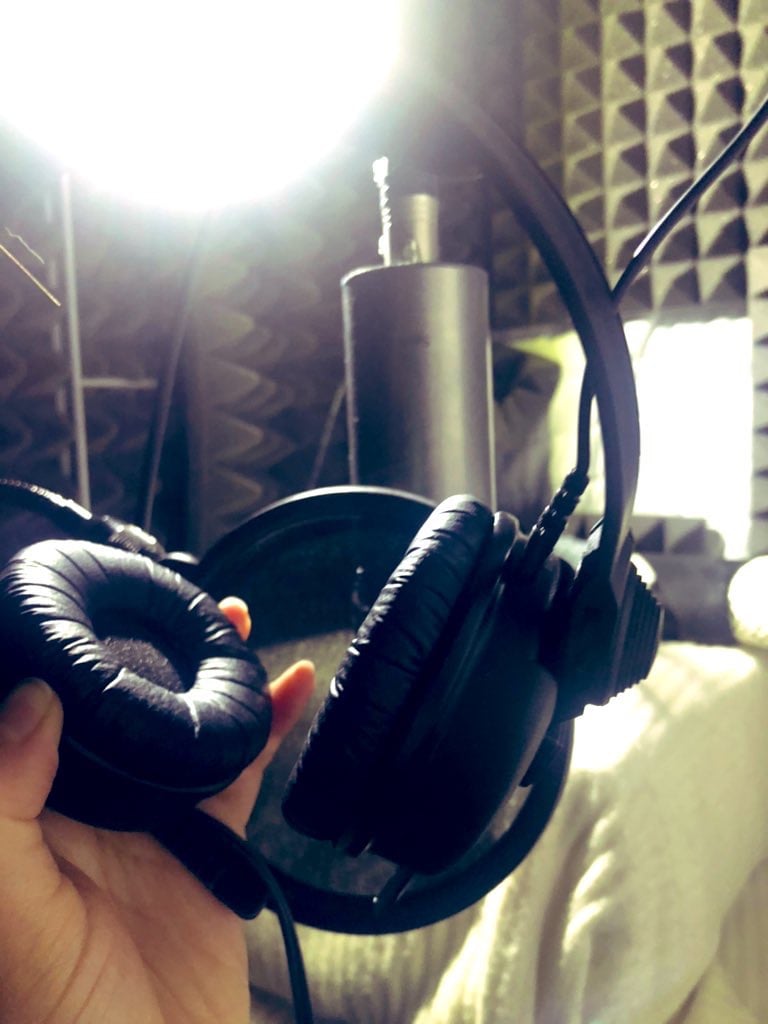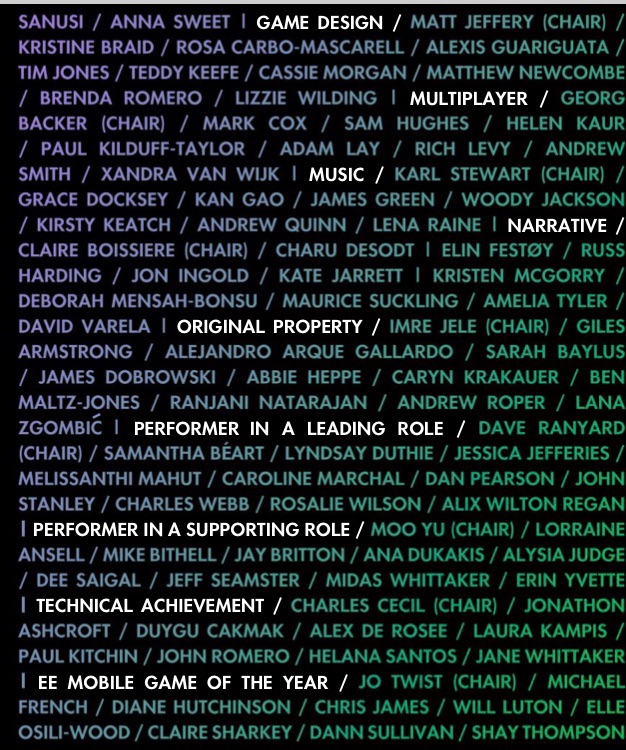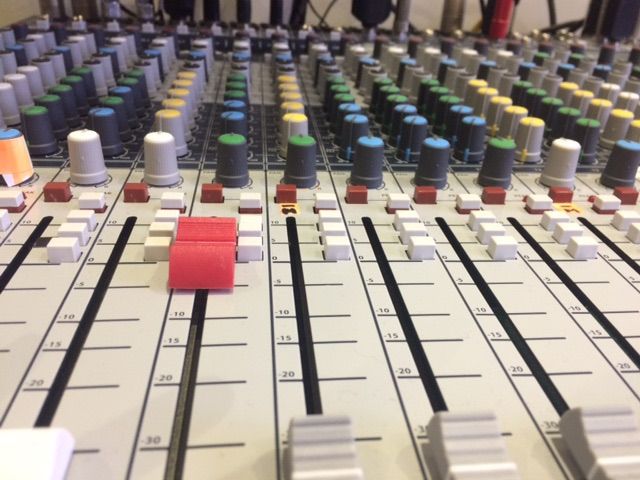What is it like to be a bilingual VoiceOver artist?
Posted on
Hola y hello, it is me, aqui estoy, Lorraine locutora y voice over artist at your service. Yes, I am a bilingual voiceover artist and I work in both Spanish and English. But there is more to this voice story than that. The hardest question people ask me on a regular basis is "Where are you from?" Simples to answer you would think but actually I always have to double and triple check as to what the person asking the question means. You see, I am British because I was born in the UK but then my parents are actually from Chile and I grew up until I went to school mostly speaking Latin American Spanish with my family and friends. Then I've lived in all sorts of places including Spain, France and Indonesia. I know, I get around a bit right?!
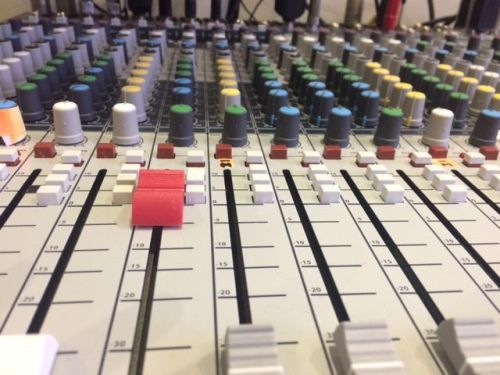
What challenges does a bilingual voice over artist face?
I have voiced many an audio project that requires me to either speak solely in Spanish, English or a mezcla or mix of these languages in terms of accents or words. So I can end up with projects that require multiple voices. And not just those in my head! But the challenges for me as a female bilingual vocal artist can be varied. Let's take a look at a few;
1. Mouth placement - switching between languages means that your mouth shape has to change. Wait, what? Yes, this is true. To get the sounds of the consanants and vowels that make an "English" or "Spanish" sounding...er...sound...means that I have to change my mouth and where I place my tongue in relation to the soft palate and teeth. To be a good voice over and give it my best daily I switch between languages both hearing and talking so that I can muscle memory recall the shapes to makes the sounds of the words.
2. Rhythm - every language has it's own melody and rhythm and so there is a mental switch I had to do (which is code switching as well as trans-languaging) that takes place so that I can find the spirit and intention behind each lnaguage. You see to speak a language is more than learning the words and speaking them out loud. It's knowing and wearing like a coat the melody of the culture, the people. The process of osmosis to learn a language is more than just how to order a drink at the bar, it's knowing the song that goes with that language.
3. Word count - after working for almost 20 years in creative production I know that Spanish text is almost 30% longer than the equivalent voiceover copy in English. This is something I make known to every client so they appreciate that I will have to often talk very speedily in Spanish to match the English lanaguage time codes. The same applies to all languages so always check word counts as it does make a difference.
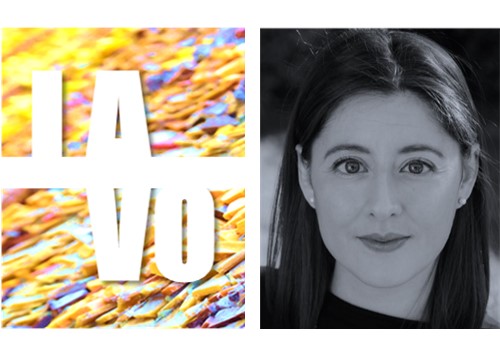
But these challenges and ability to continually switch between them is why I love my voice over job, it's a performance, it's a mental work out and it is brilliant.
Es tiempo para hablar,
xx
